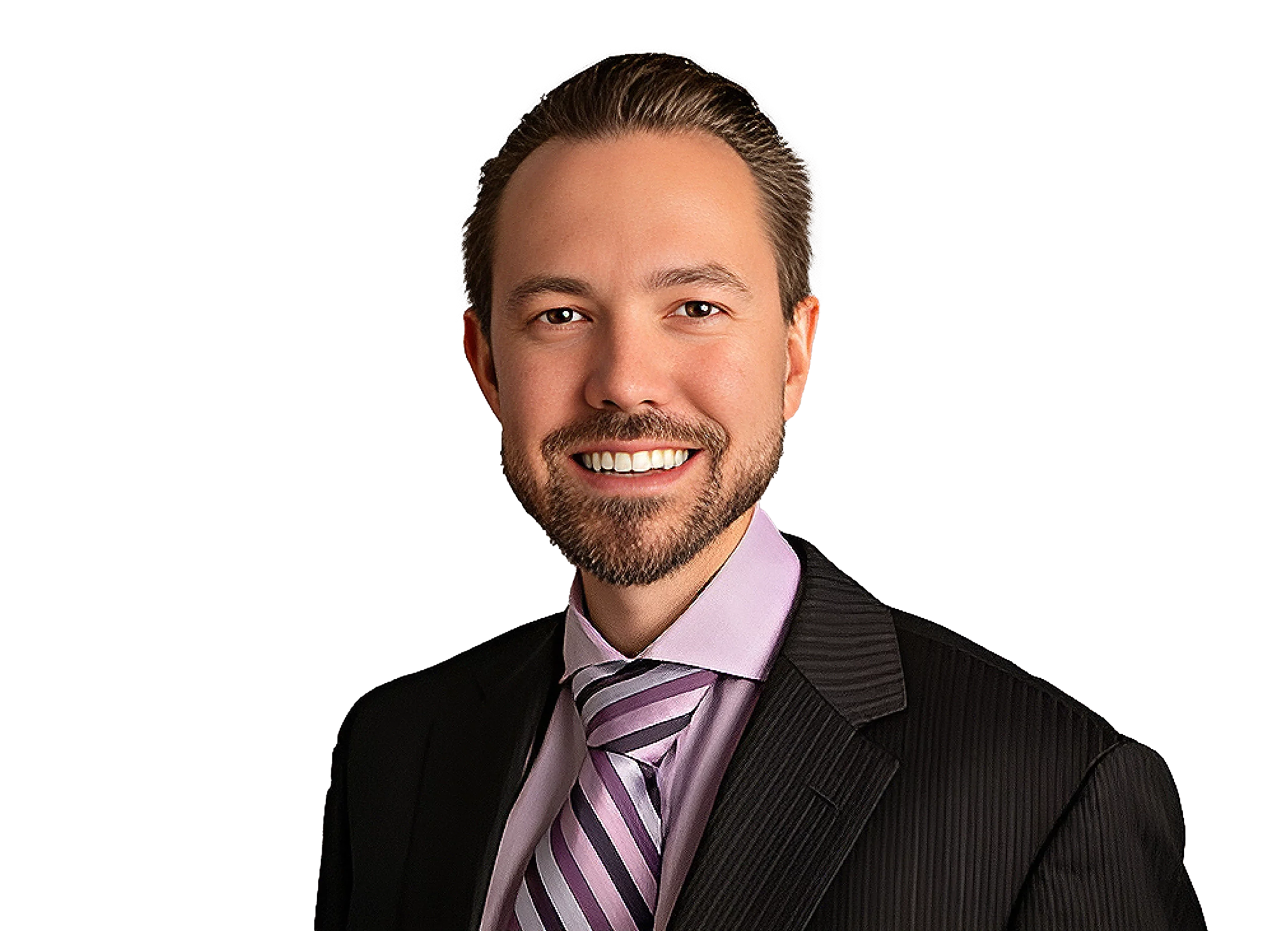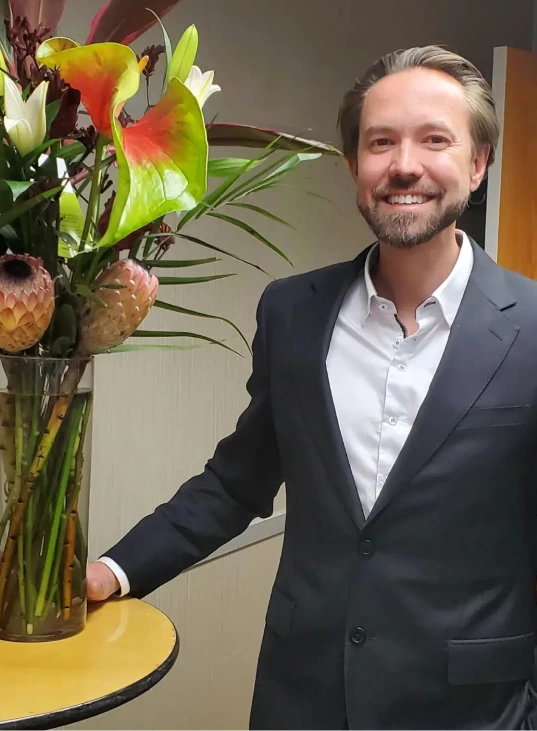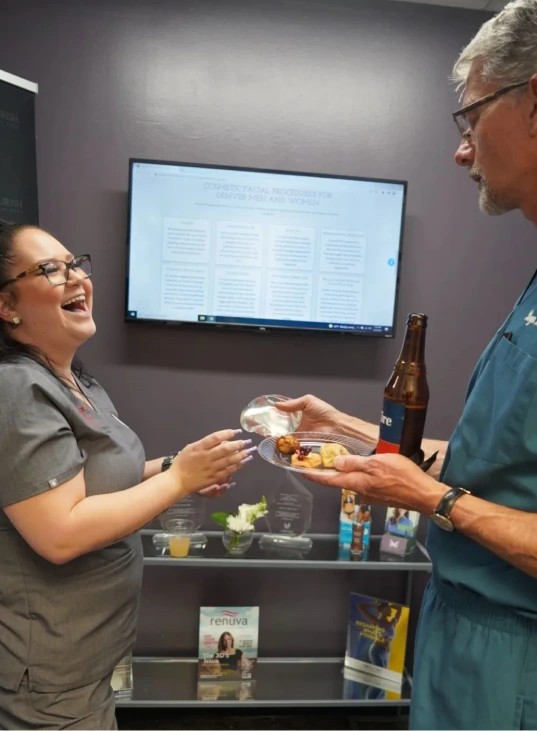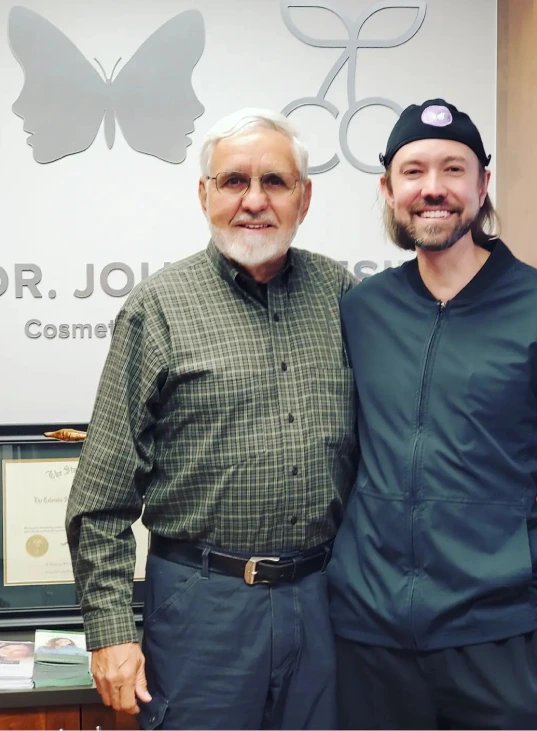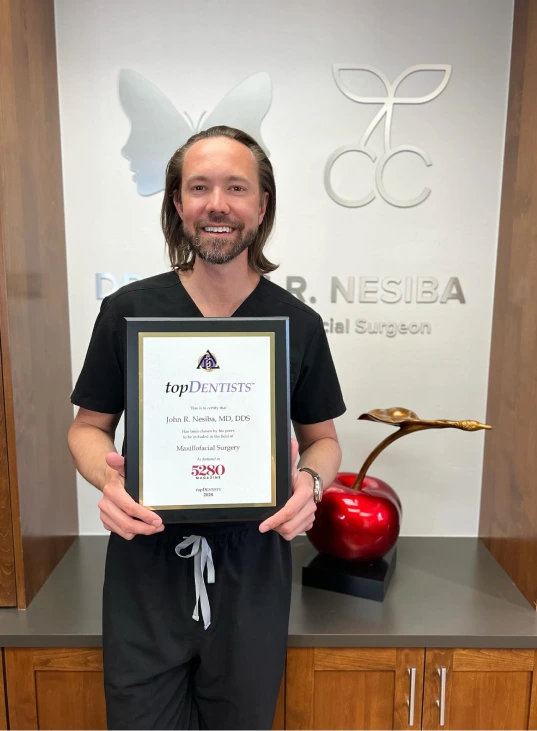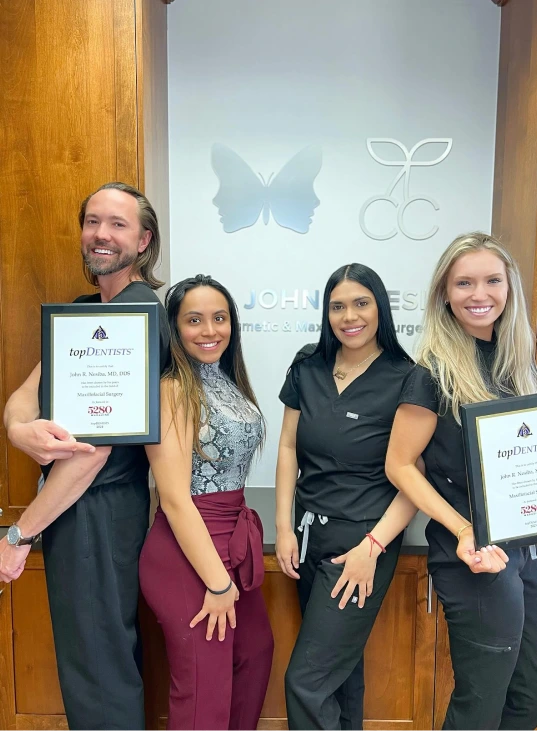Cherry Creek Oral Surgery, located in Denver, offers advanced tooth extraction services tailored to each patient’s needs. Our triple-board-certified surgeon, Dr. Nesiba, ensures that every procedure is handled with the utmost precision and care. Whether a simple extraction or a more complex treatment, patients can achieve excellent results and protect their oral health. Our focus on comfort and advanced techniques allows for smoother and more efficient treatments. Cherry Creek Oral Surgery is a reliable choice for those seeking quality care in a supportive environment!
Tooth Extraction
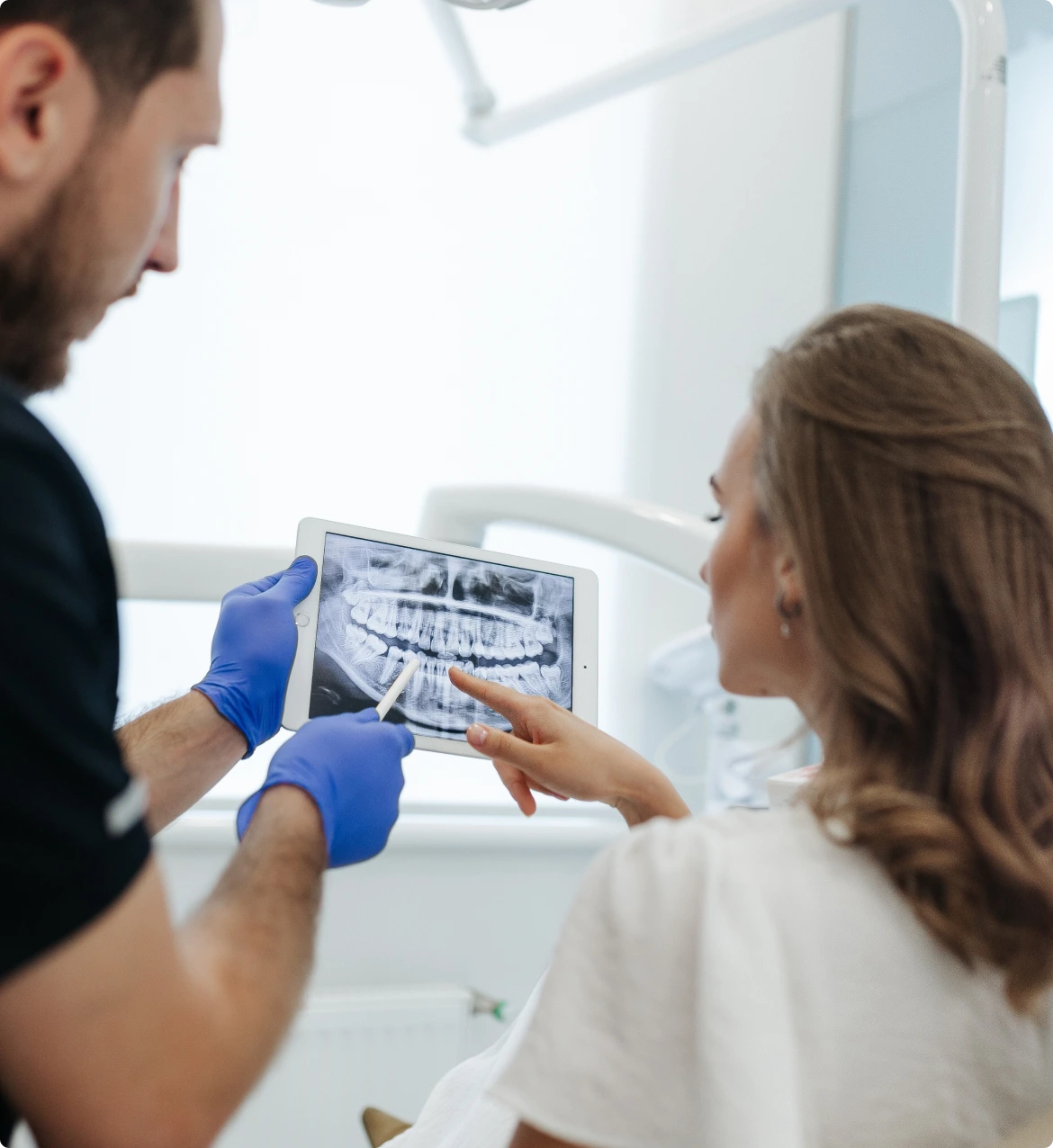
During the initial consultation, Dr. Nesiba evaluates the patient’s medical history, current medications, and any existing health conditions. X-rays are typically taken to assess the tooth’s position, root structure, and surrounding bone density. Dr. Nesiba also discusses anesthesia options, which may include local numbing, sedation, or general anesthesia, depending on the complexity of the extraction and the patient’s comfort level.
If stronger anesthetics are used, patients might need to fast and arrange transportation before the procedure. Antibiotics might be prescribed beforehand for individuals with certain medical conditions to prevent infection. Additionally, patients who smoke are typically advised to abstain from tobacco use before and after the procedure to promote proper healing.
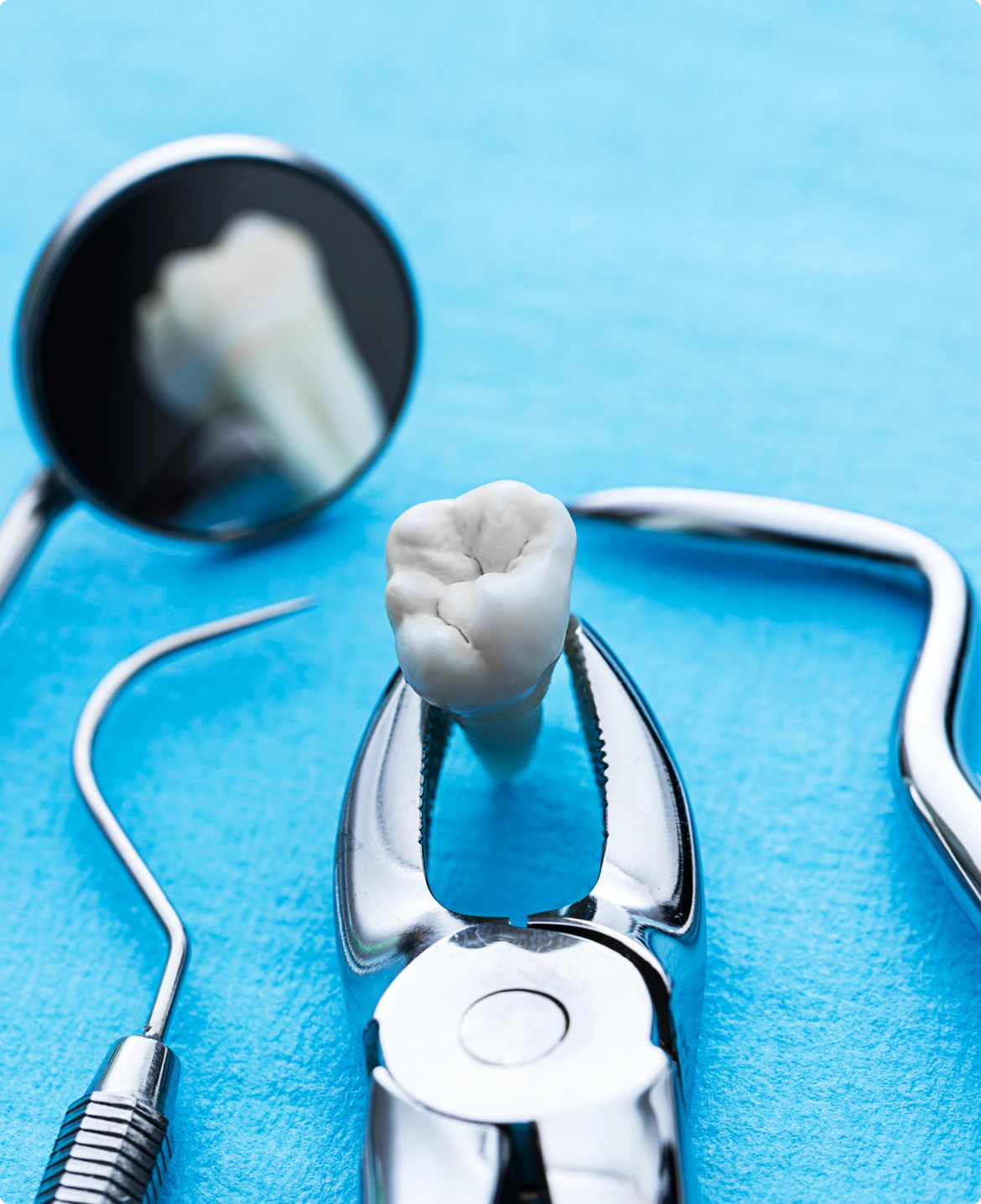
Swelling typically subsides within 48–72 hours, and soft tissue healing is usually complete in 1–2 weeks. If stitches were used, they will either dissolve on their own or require removal by Dr. Nesiba during a follow-up appointment. The entire process of healing and recuperation takes several weeks.
Because tooth extraction can lead to cosmetic concerns and functional issues, Dr. Nesiba offers several solutions for the missing tooth. One option is a dental implant, which looks and feels like a healthy, natural tooth. It can improve the patient’s smile and prevent food particles from being trapped in the space left after tooth extraction.

Tooth extraction costs in Denver range from $100 to $700 without insurance. Simple removals are cheaper, while surgical procedures involve higher expenses. Factors influencing the price include the complexity of the extraction, the specific tooth involved, and whether sedation is required.
